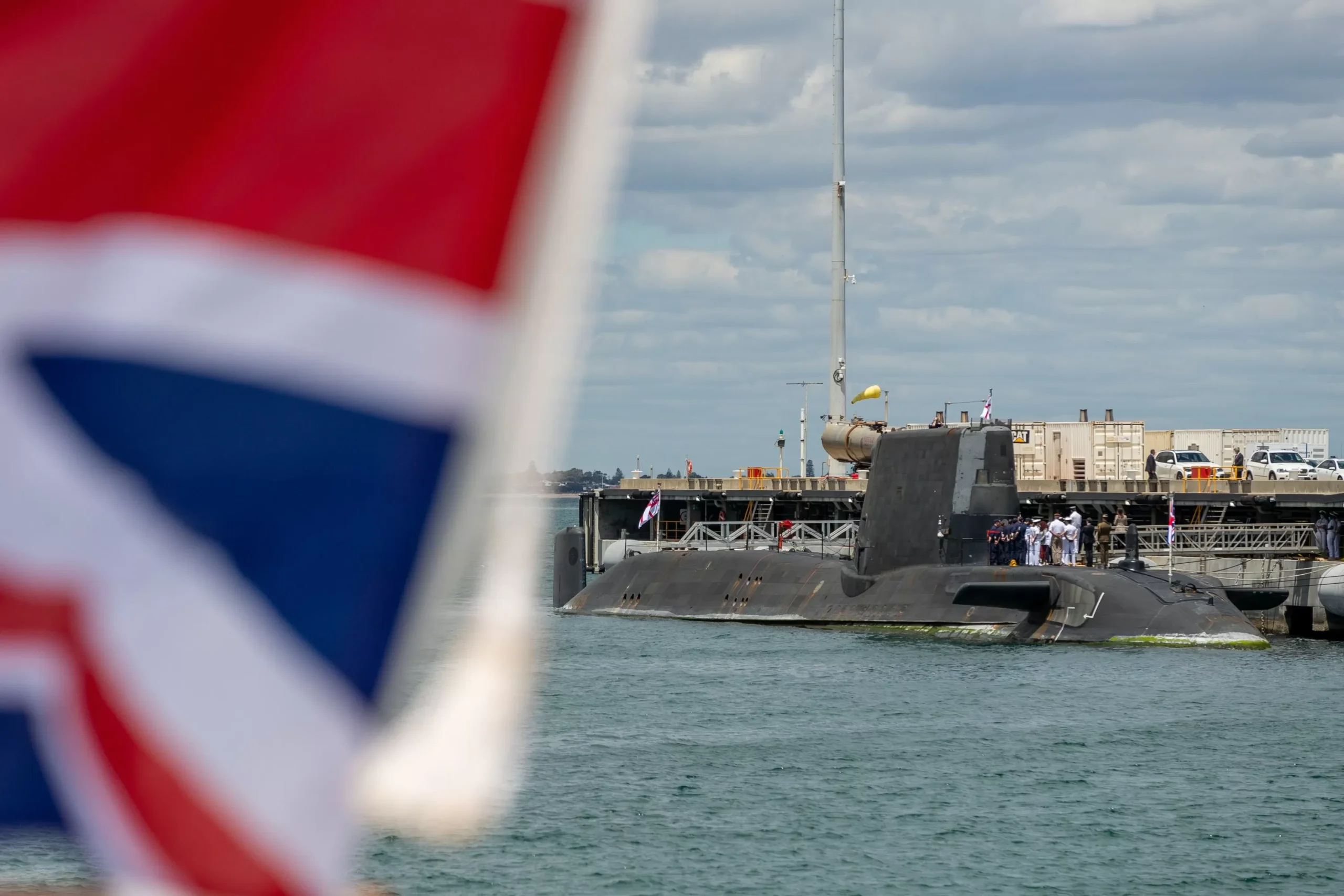Britain has announced a significant change in its defense strategy, with a focus on utilizing drones and digital warfare to counter potential threats from Russia, nuclear dangers, and cyber-attacks. This move marks a significant shift in the country’s approach to national security and highlights the growing importance of technology in modern warfare.
The announcement was made on Monday by British Defense Secretary Ben Wallace, who stated that the country’s new defense strategy would prioritize the use of cutting-edge technology to protect the nation and its interests. This includes investing in a new generation of drones, developing advanced cyber capabilities, and enhancing the country’s nuclear deterrent.
One of the key reasons for this shift in strategy is the changing nature of warfare in the 21st century. Traditional methods of defense, such as large standing armies and heavy weaponry, are becoming less effective against the evolving threats posed by state and non-state actors. As a result, countries like Britain are turning to technology to gain an edge in the ever-changing landscape of global security.
The use of drones, in particular, has become increasingly prevalent in modern warfare. These unmanned aerial vehicles can be used for a variety of purposes, from surveillance and reconnaissance to targeted strikes. They offer a cost-effective and efficient way to gather intelligence and carry out operations without putting soldiers’ lives at risk.
In recent years, Russia has been investing heavily in its own drone capabilities, posing a potential threat to Britain and its allies. By focusing on developing its own advanced drone technology, Britain aims to counter this threat and maintain its position as a leading military power.
Another significant aspect of Britain’s new defense strategy is its emphasis on digital warfare. With the rise of cyber-attacks and the increasing reliance on technology in all aspects of society, protecting against cyber threats has become a top priority for governments around the world. Britain’s new strategy includes investing in cyber capabilities and developing a cyber force to defend against potential attacks.
The country’s nuclear deterrent is also a crucial part of its defense strategy. Britain has maintained a nuclear arsenal since the 1950s, and this new strategy reaffirms its commitment to maintaining a credible nuclear deterrent. However, the focus will now be on developing a new generation of nuclear weapons that are more advanced and can adapt to changing threats.
This shift in defense strategy has been met with positive reactions from experts and military officials. General Sir Nick Carter, Chief of the Defense Staff, stated that the new strategy “will ensure that we are well-positioned to meet the challenges of the future.” He also emphasized the importance of investing in technology and innovation to maintain a strong defense.
The move towards a more technology-driven defense strategy is not without its challenges. It will require significant investment and a shift in mindset within the military. However, the potential benefits far outweigh the costs. By embracing technology and innovation, Britain can stay ahead of its adversaries and protect its citizens and interests effectively.
In conclusion, Britain’s announcement of a major shift in its defense strategy is a significant step towards modernizing its military and adapting to the changing nature of warfare. By prioritizing the use of drones, digital warfare, and nuclear deterrence, the country is taking a proactive approach to protect itself against potential threats. This move highlights the importance of technology in modern warfare and sets a positive example for other countries to follow. With this new strategy in place, Britain is well-equipped to face the challenges of the future and maintain its position as a leading global power.






![Complete BritRail Pass Guide [Types, How to Use It, Pros + Cons]](https://inside-news.uk/wp-content/uploads/2025/06/00221EB4-BCA2-4DBB-6CD4-83DBC37D71FA-120x86.webp)















